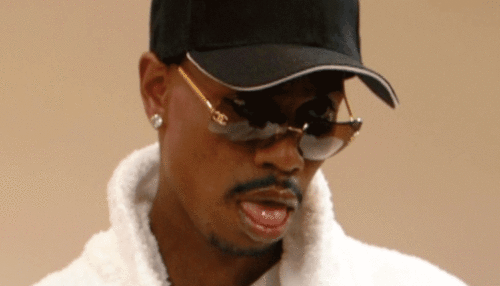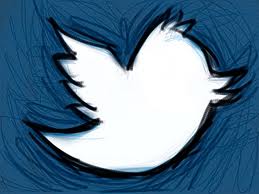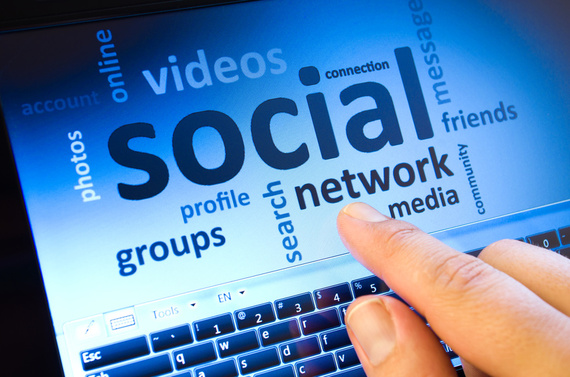 My experience with the blog posts was interesting. It was a new way to help me memorize what we did in class as well as present my opinion on it. Usually, when I study it’s a strenuous task. I have to go over notes, read over power points and other methods that take hours. However, for this class I would just read over the blog posts and I would have a solid recap of the class. Even while I’m writing it, I feel like I’m taking in more information than usual. I liked the creative flexibility we had in the blog. I’m a big fan of customization; I like to put my special mark on everything that I own so it’s different from everyone else’s. I like the edits that I made to the blog and it gives me a sense of belonging. Other times that I had to do a class blog I wasn’t this attached to it because I had no flexibility.
My experience with the blog posts was interesting. It was a new way to help me memorize what we did in class as well as present my opinion on it. Usually, when I study it’s a strenuous task. I have to go over notes, read over power points and other methods that take hours. However, for this class I would just read over the blog posts and I would have a solid recap of the class. Even while I’m writing it, I feel like I’m taking in more information than usual. I liked the creative flexibility we had in the blog. I’m a big fan of customization; I like to put my special mark on everything that I own so it’s different from everyone else’s. I like the edits that I made to the blog and it gives me a sense of belonging. Other times that I had to do a class blog I wasn’t this attached to it because I had no flexibility.
The class itself was different than I thought it would be but in a good way. I thought this was going to be a class about more about “media law” like the 1stamendment and copyright (which it was at first) but it transitioned into conspiracies about the internet/ government and that was fun. Even though your spiels about how “google is watching me” and how “I walked into the classroom already signed into google” were a little repetitive, they were fun and I was happy to see a different side of things. Your thoughts on google and the government gave me a little paranoia myself for a while and I’m happy how I’m educated on the subject. Though one part of me wishes that we had a test on the conspiracy portion of the class, It was fun to learn about it regardless.







